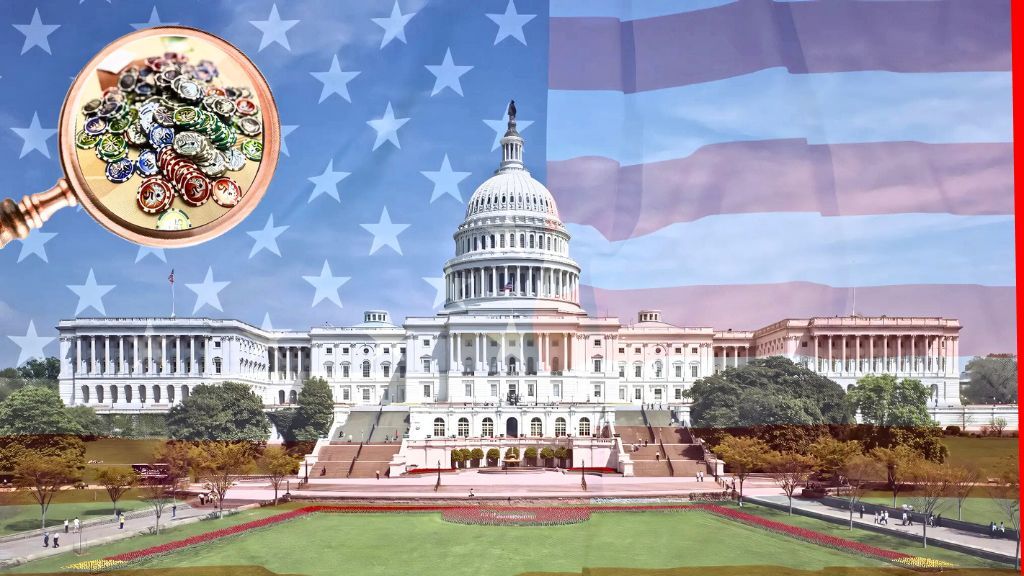
It’s time to dive back into our fortnightly SiGMA series, “The Online Gambling Industry: Tales from the Past”. In this next instalment, Ian Sherrington examines how the legal system contended with the rise of online gambling. Starting with the birth of internet gambling in the 90s and ending with the current-day Wirecard case, Ian explores how the law evolved as a reaction to this exciting new way to wager.
In the 1990s, e-commerce became a thing. Before that, government control on goods and services was regulated by the location of a business; the rules a business had to follow, as well as the taxes paid, were both set by local and national laws, based on where the company was registered.
Then, the internet began to connect people and businesses together, fundamentally and anonymously. Physical locations were tricky to establish. Rules and regulations, based on location, no longer seemed to apply.
In the US, the states woke up to the issue. Citizens engaging in online activities with remote services, such as online gambling, were a concern as were the loss of tax revenues, as well as the need to defend traditional jurisdictions.
In 1995, the US state governments would respond to the perceived challenge by threatening operators and throwing many in jail.
Later on, they would pass laws targeting all payments companies supporting online gambling.
However, there was one payments company that took advantage of the situation and rose above the rest: Wirecard AG.
The rise and fall of Wirecard is the stuff of legend. Allegedly a fraud from inception, Wirecard positioned themselves as the hard-to-code payments solutions company and achieved meteoric success. Wirecard became one of the most valuable companies on the German stock market.
That was until a huge financial hole appeared in their accounts and scandal rapidly followed.
The fallout from the Wirecard scandal has resulted in a huge number of court cases. These have swamped legal systems and will take years, if ever, to resolve.